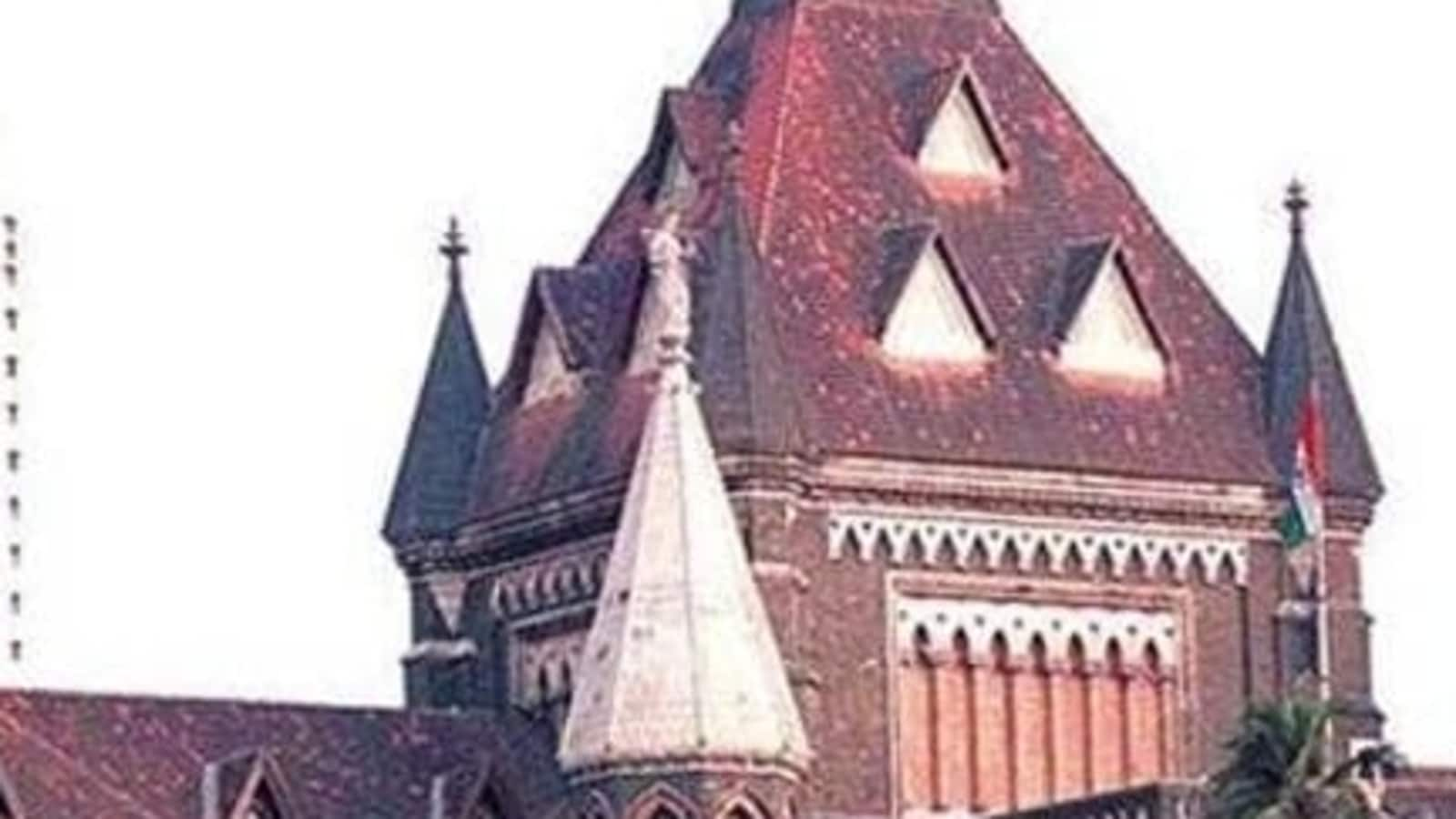


The Bombay High Court on Wednesday, has dismissed a number of Public Interest Litigations (PILs) and writ petitions challenging the decision of the State authorities to rename Aurangabad and Osmanabad as Chhatrapati Sambhajinagar and Dharashiv, respectively.A division bench comprising Chief Justice Devendra Kumar Upadhyaya alongside Justice Arif S. Doctor, ruled that the notifications renaming the cities were not illegal. The court said that “we have no hesitation to conclude that so far as the challenge made by the Petitioners to rename the revenue areas of Aurangabad and Osmanabad to Chhatrapati Sambhajinagar and Dharashiv, respectively, is concerned, the statutory provisions contained in Section 4 of the MLRC (Maharashtra Land Revenue Code) have been followed and in absence of any procedural flaw, we are unable to subscribe to the submissions made by the Petitioners.”Drawing from Shakespeare's "Romeo and Juliet" during hearings, the court quoted Juliet's famous line, "What’s in a name? That which we call a rose By any other name would smell as sweet," highlighting the enduring debate over the significance of names.Notably, the initiative to rename Aurangabad as Sambhajinagar and Osmanabad as Dharashiv was approved during the last cabinet meeting of the previous Maha Vikas Aghadi (MVA) government led by former Chief Minister Uddhav Thackeray on June 29, 2021. However, the subsequent government under Chief Minister Shinde-Fadnavis added the prefix "Chhatrapati" to Aurangabad's new name, leading to Chhatrapati Sambhajinagar.The petitions were filed following the government’s decision and contested the renaming of both cities as well as their corresponding revenue areas, comprising districts, subdivisions, talukas, and villages.The petitioners argued that the renaming was unconstitutional, citing a previous attempt to change Aurangabad's name in 2001, which was aborted. Additionally, they accused the government of attempting to sow religious discord for political gains, especially concerning Aurangabad's Muslim-majority population.The Maharashtra government countered these allegations, asserting that renaming the cities after revered historical figures did not have religious connotations. It claimed that the renaming of Osmanabad to Dharashiv was met with widespread celebration and did not undermine secularism or provoke communal tensions.The state further contended that the renaming does not infringe upon any fundamental rights of citizens, as citizens do not possess an inherent right to the name of a city or revenue area.Citing the judgment from a coordinate bench of the court in the case of ‘Mohd. Mustaq Ahemad Vs. State of Maharashtra,’ which concluded that altering the name of a revenue area can be done even without changes to its boundaries, the Advocate General Dr. Birendra B. Saraf, emphasised that the scheme of Section 4 delineates that after the constitution of a revenue area under various subsections, including 4(1)(i) to 4(1)(v), the State Government possesses the authority to exercise various powers, including altering boundaries by amalgamation, division, or abolition, as well as renaming. He further contended that these powers are independent of each other, debunking the petitioners' contentions as misconceived.The court's verdict, delivered after extensive deliberation, addressed various arguments raised by petitioners against the renaming process.One significant aspect of the ruling was the interpretation of Section 4 of the Maharashtra Land Revenue Code (MLRC), which empowers the state government to alter the names of revenue areas, including villages. The court emphasised that the heading of Section 4, "constitution of revenue areas," indicates its scope and purpose. While acknowledging the petitioners' argument that the term "village" in Section 4 includes towns or cities, the court ruled that such an interpretation would not be permissible due to the distinct nature of cities and towns as urban local self-governance units.The court held, “As regard naming / renaming or altering the name of a revenue area is concerned, Section 4 of the MLRC is unequivocally clear according to which such alteration of name of revenue area can be done after following the procedure as prescribed in Sub Section (iv) of Section 4 of the MLRC.”“Our conclusion is that the power conferred on the State Government under Section 4 of the MLRC to name a revenue area by issuing a notification will include the power to alter or vary the same as well,” the court said.Furthermore, the court emphasised that administrative decisions on such matters fall within the purview of the state government's administrative competence, beyond the ambit of judicial interference.The court upheld the legality of the renaming process, deeming the impugned notifications free from any legal infirmities stating that “no interference in the impugned Notifications is warranted."Consequently, the court dismissed the petitions being bereft of any merit
TAGS: Bombay High Court PILs Aurangabad Osmanabad renaming Chhatrapati Sambhajinagar Dharashiv Chief Justice Devendra Kumar Upadhyaya Justice Arif S. Doctor Maharashtra Land Revenue Code administrative decision